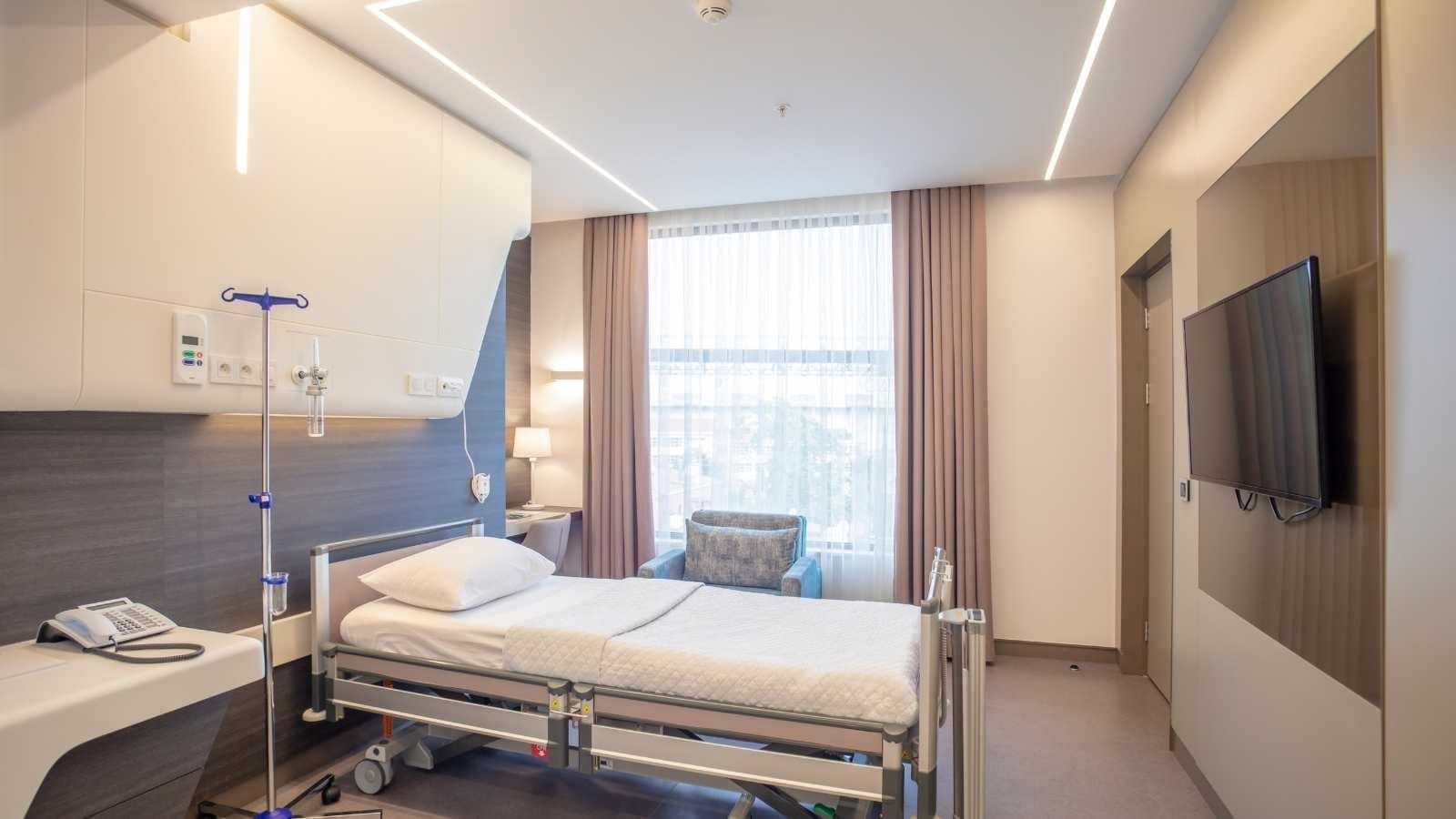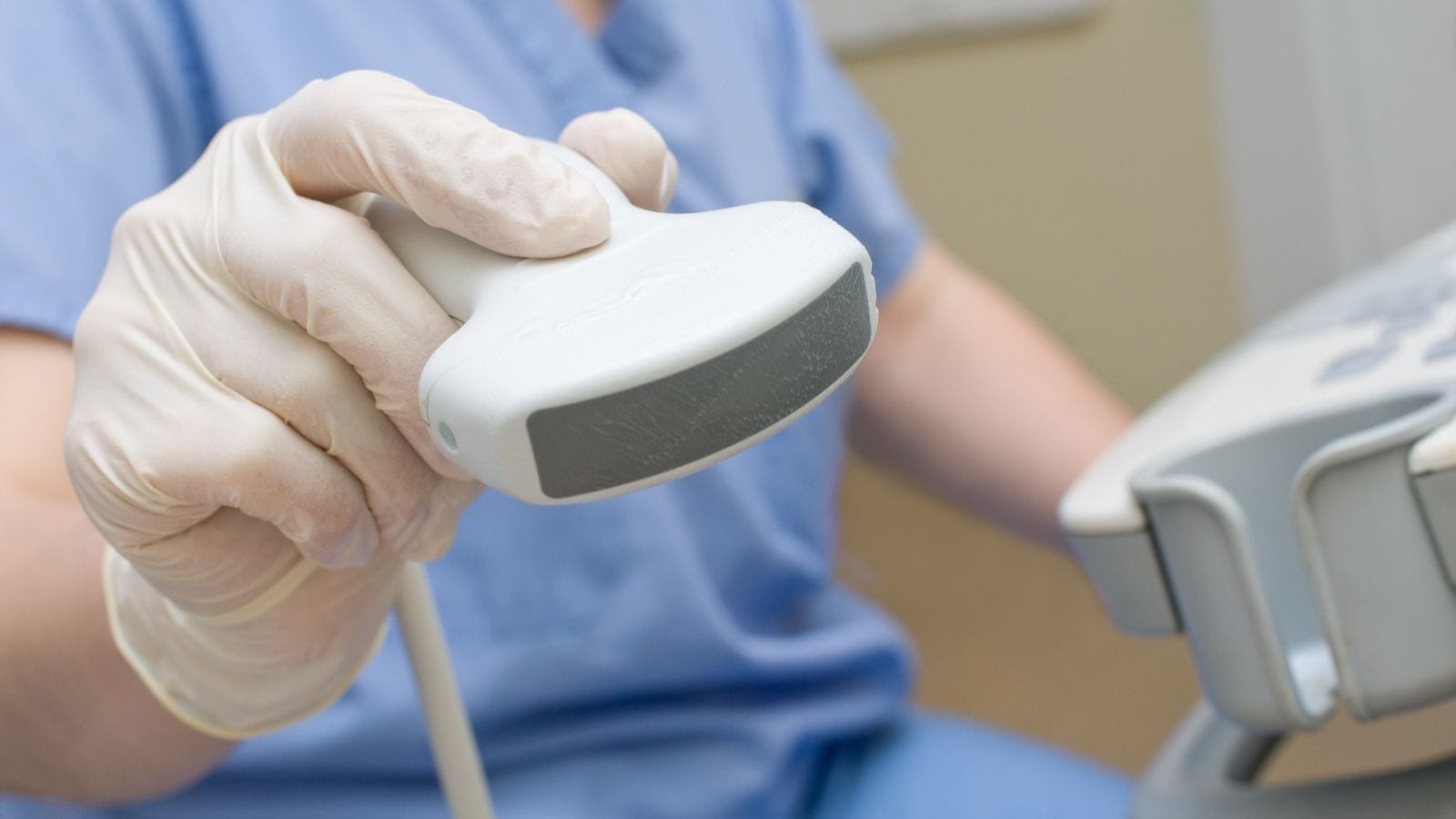Microwave ablation treatment prices depend on lesion size, tumor location, and the number of sessions required. The procedure involves advanced equipment, disposable probes, and imaging guidance, all of which contribute to overall treatment costs.
Tumor type and organ involvement directly affect expenses. Liver, kidney, and lung ablations may require different approaches, with varying levels of technical complexity. The use of multiple probes or repeat sessions increases overall cost.
Health insurance policies may cover part of the treatment, especially in cancer management. Coverage depends on medical necessity, hospital agreements, and country-specific healthcare regulations, making early consultation with providers important.
Short hospital stays after ablation reduce accommodation costs compared to surgical operations. However, the need for anesthesia, advanced imaging, and highly trained specialists ensures that treatment remains a significant but effective investment in patient care.
Why Do Microwave Ablation Treatment Prices Vary from City to City?
Microwave ablation treatment prices show significant differences from city to city. This variability depends on several main factors:
Cost of living:
The general cost of living in each city directly affects the cost of healthcare services. In cities with a high cost of living, healthcare services are generally more expensive.
Number of clinics and competition:
As the number of clinics in a city increases, competition also increases. In cities with high competition, prices generally remain more reasonable.
Demand level:
In some cities, especially large metropolises, the demand for this treatment is higher. Where demand is high, prices may also increase.
How Do the Equipment Used in Microwave Ablation Treatment Affect Prices?
The equipment used in microwave ablation treatment significantly affects the prices. Devices used in this treatment, especially those with advanced technology, can increase costs. For quality and safety of treatment, modern equipment should be preferred. These include:
- Ablation generators,
- Needle electrodes,
- Imaging systems,
and the cost of each determines the total price of the treatment. When equipment quality is high, the treatment becomes more effective and safer, which improves treatment outcomes. On the other hand, maintenance and repair costs of this equipment should also be considered.
How Does the Quality of the Treatment Center Affect the Cost of Microwave Ablation?

The quality of the treatment center directly affects the cost of microwave ablation treatment. A high-quality treatment center usually has the best technology and the most experienced healthcare staff, which can make treatment fees higher. These centers also offer more sophisticated treatment methods, which increases costs. On the other hand, a center offering better care and post-treatment monitoring services can speed up the patient’s recovery process. In addition:
Equipment quality:
Use of more modern and advanced technology.
Staff training:
Specialist doctors and experienced technical staff.
Hospital facilities:
Modern treatment rooms and comfortable waiting areas.
How Do the Doctor’s Experience and Expertise Affect Microwave Ablation Prices?
The experience and expertise of the doctor performing microwave ablation treatment directly affect the prices. Experienced doctors can develop more effective treatment methods for complex cases. This ability increases the success of the treatment but can also increase the cost. Especially in cases requiring high expertise, the knowledge and proficiency of the doctor come to the forefront.
(The education of the interventional radiologist from whom you will receive treatment, how long and where they trained, the number of specialists they have trained, their scientific publications, and their presence in the international scientific arena are very important.)
Experience:
The number of years the doctor has worked in the field and the number of treatments performed are decisive in pricing.
Area of expertise:
Doctors specialized in the treatment of rare diseases may demand higher fees.
These factors determine the cost of the treatment and increase the chances of patients receiving higher quality and more effective treatment. The doctor’s prestige and recognition can also affect the pricing.
Follow-up tests:
Radiological and blood tests performed to evaluate the effectiveness of the treatment.
Repeat treatment fees:
Additional treatment sessions that may be required if the initial treatment is insufficient (especially for thyroid glands over 7 cm or those with multiple nodules on both sides, nearly complete cleaning may require two sessions).

Girişimsel Radyoloji ve Nöroradyoloji Uzmanı Prof. Dr. Özgür Kılıçkesmez, 1997 yılında Cerrahpaşa Tıp Fakültesi’nden mezun oldu. Uzmanlık eğitimini İstanbul Eğitim ve Araştırma Hastanesi’nde tamamladı. Londra’da girişimsel radyoloji ve onkoloji alanında eğitim aldı. İstanbul Çam ve Sakura Şehir Hastanesi’nde girişimsel radyoloji bölümünü kurdu ve 2020 yılında profesör oldu. Çok sayıda uluslararası ödül ve sertifikaya sahip olan Kılıçkesmez’in 150’den fazla bilimsel yayını bulunmakta ve 1500’den fazla atıf almıştır. Halen Medicana Ataköy Hastanesi’nde görev yapmaktadır.









Vaka Örnekleri